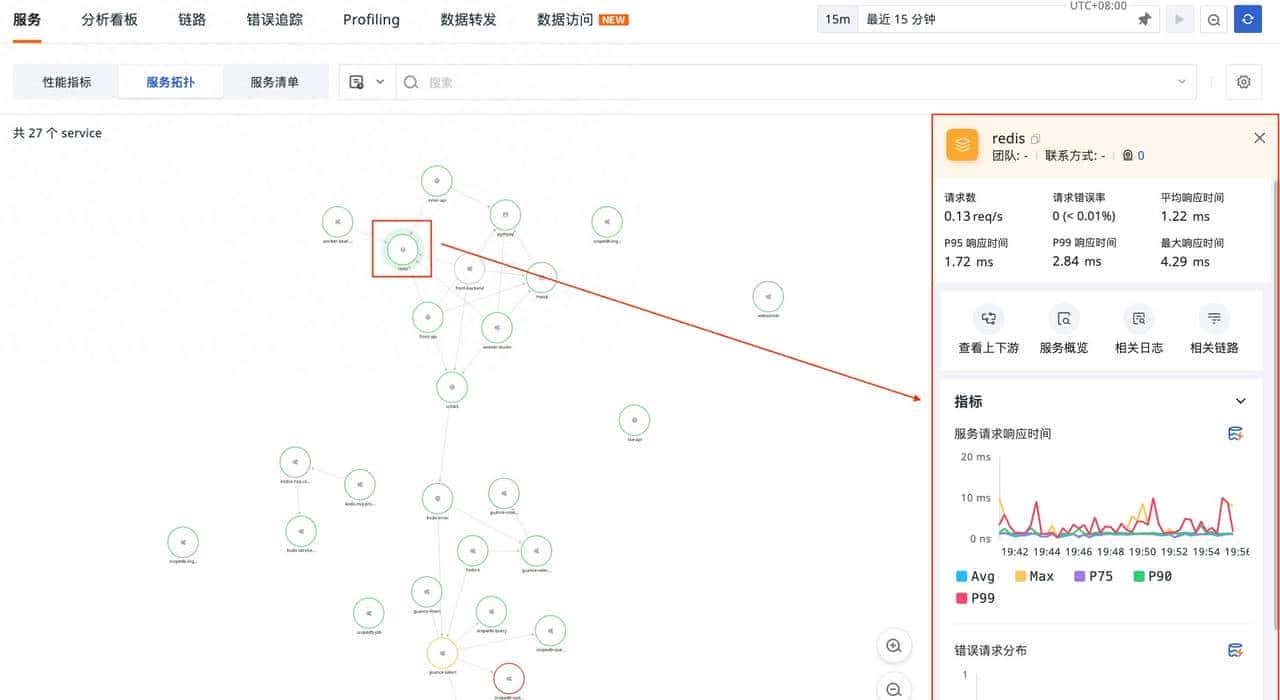hive表的数据有时会发生partition还在,但是数据已经被删除了的情况。为了找出这些partition,并删除数据已经不存在的partition,做了几个小的脚本。
先列出所有的partition.
在mysql中建立一个表,用来存储partition检查的结果。
status: -1:未知 0:不存在 1:存在 2:dropped
create table meta.partition_loc (
`id` int(11) unsigned NOT NULL AUTO_INCREMENT,
`LOCATION` varchar(255) COLLATE utf8_bin NOT NULL DEFAULT ,
`PART_NAME` varchar(255) COLLATE utf8_bin NOT NULL DEFAULT ,
`CREATE_TIME` int(11) NOT NULL,
`TBL_NAME` varchar(128) COLLATE utf8_bin NOT NULL DEFAULT ,
`DB_NAME` varchar(128) COLLATE utf8_bin NOT NULL DEFAULT ,
`STATUS` int(11) NOT NULL DEFAULT -1 ,
PRIMARY KEY (`id`)
);
从hive的metastore的数据库中,找到所有的partition,写入这个表。
insert into meta.partition_loc
SELECT
null as id,
s.`LOCATION`,
p.`PART_NAME`,
p.`CREATE_TIME`,
t.`TBL_NAME` ,
d.`NAME`,
-1 as `status`
from
hive.SDS s
JOIN hive.`PARTITIONS` p on s.SD_ID = p.SD_ID
join hive.TBLS t on p.tbL_id = t.tbl_id
JOIN hive.DBS d on t.DB_ID=d.DB_ID
;
逐个检查目录是否存在,并更新表 meta.partition_loc
#!/usr/bin/env python
import sys
import pymysql
from snakebite.client import AutoConfigClient as HDFSClient
client = HDFSClient()
dbconn = pymysql.connect(
host=‘$host ,
user=‘$user ,
password=‘****** ,
database= meta ,
port=3306
)
cursor = dbconn.cursor()
sql = SELECT id, LOCATION, PART_NAME, TBL_NAME, DB_NAME
FROM meta.partition_loc WHERE STATUS = -1 limit 100
update_sql = UPDATE meta.partition_loc SET STATUS=%s WHERE id=%s
try:
n = 0
while True:
cursor.execute(sql)
rows = cursor.fetchall()
for row in rows: # 拿出来一批partition
_id, location, part_name, tbl_name , db_name = row
if location.startswith( hdfs://nameservice1/ ): # 去除hdfs://xxxx前缀
# 检查是否存在。 此处执行时会频繁请求NameNode,大致每秒300~500次。可以在业务低峰期时进行
# 这里替换成实际的nameservice名称
s = client.test(location.replace( hdfs://nameservice1/ , / ), exists=True)
else:
s = False
cursor.execute(update_sql, (int(True), _id)) # 更新数据库
n += 1
print( handled , n)
dbconn.commit()
if not rows:
break
except Exception, e:
print(e.message)
dbconn.rollback()
finally:
cursor.close()
dbconn.close()
删除分区, 生成SQL,用hive来执行
import sys
import os
import pymysql
from snakebite.client import AutoConfigClient as HDFSClient
def to_part_spec(part_name):
t = part_name.split( / )
s = []
for part_ in t:
p = part_.split( = )
s.append("%s= %s " % (p[0], p[1]))
return "PARTITION(%s)" % , .join(s)
client = HDFSClient()
dbconn = pymysql.connect(
host=‘$host ,
user=‘$user ,
password=‘****** ,
database= meta ,
port=3306
)
cursor = dbconn.cursor()
update_sql = UPDATE meta.partition_loc SET STATUS=%s WHERE id=%s
drop_sql = SELECT id, PART_NAME, concat(DB_NAME, . , TBL_NAME)
FROM meta.partition_loc WHERE STATUS = 0 limit 100
try:
n = 0
for _b in range(10):
cursor.execute(drop_sql)
rows = cursor.fetchall()
if not rows:
break
#print no rows
data = {} # key: table_name, value: list of partitions
for row in rows:
_id, part_name, tbl = row
data.setdefault(tbl, []).append(part_name)
n += 1
# 先生成一个sql文件,再用hive去执行
with open( /tmp/remove-partition.sql , w ) as fout:
for tbl in data:
sql = ALTER TABLE %s DROP
%s;
% (tbl, ,
.join([to_part_spec(p) for p in data[tbl]]))
fout.write(sql)
# 执行sql中的语句来删除空的partition
os.system( hive -f /tmp/remove-partition.sql )
for row in rows:
cursor.execute(update_sql, (2, row[0]))
dbconn.commit()
print( dropped , n)
except Exception, e:
print(e.message)
dbconn.rollback()
finally:
cursor.close()
dbconn.close()
© 版权声明
文章版权归作者所有,未经允许请勿转载。
相关文章

暂无评论...














